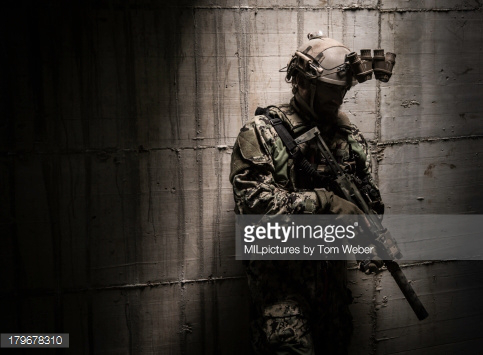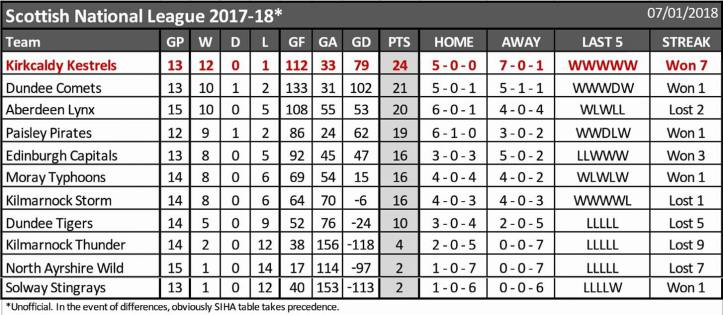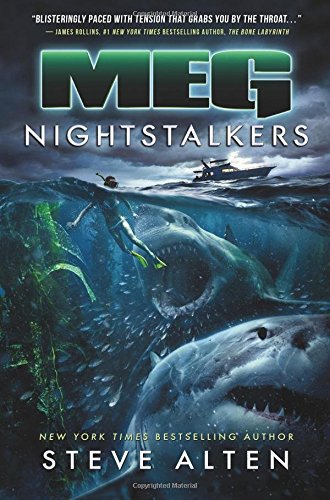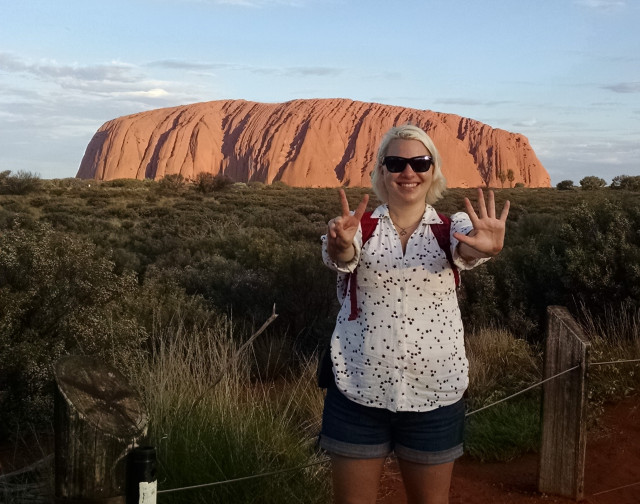 From Getty Images; Embed Code[getty src="179678310" width="483" height="355"]“Can I get this right?” The question rattles around in my sorry excuse of a writer’s brain as I edit. My short story focuses on two Navy SEALs, and how every special operations soldier has his threshold—the tolerance to keep his gun in the fight after years of combat deployments.
From Getty Images; Embed Code[getty src="179678310" width="483" height="355"]“Can I get this right?” The question rattles around in my sorry excuse of a writer’s brain as I edit. My short story focuses on two Navy SEALs, and how every special operations soldier has his threshold—the tolerance to keep his gun in the fight after years of combat deployments.
What I mean by “getting it right” is, “Am I remaining true to the reality of what the SEALs do and why they do it?” Ex-military guys, whether conventional or special operations, get agitated when they see journalists or novelists misrepresent their tactics and missions.
Ever since they tagged Osama bin Laden back in 2011, the Naval Special Warfare Developmental Warfare Group, better known as SEAL Team 6, have been the media’s continual military flavor of the month. The cheesy movies and articles were only a matter of time.
Knowing this, I don’t want to depart into goon squad territory and toss up another five pages of military clichés.
Filling the Gaps with a Library CardWhat, then, makes me even remotely qualified to try and represent the skills and mission profiles of a unit like the SEALs?
I don’t have combat experience (my backyard airsoft gun wars with my friends as a kid don’t count), so my resumé is thin on that end.
But I read as a child, and read a lot.
When I was a little kid, I checked out two sorts of books from the library: books about sports of all kinds and books about war (I know, I know, stereotypical male). I would check out the same books again and again about combat experiences all throughout history. I wouldn’t be surprised if my local Carnegie Library had me on some sort of watch list when I was younger, because I would check out the same books incessantly.
Just Observe“Flying downrange” is a term that soldiers use to describe going overseas on deployment. Because of the many SEALs and special operations veterans who have written books during the last two decades, I’ve been given the opportunity to “go downrange” as a reader and study the memories that they’ve compiled.
In doing so, I’ve discovered the gift that is observation. By observing, I’ve drawn from others’ combat experiences, and as a result, I can piece together a narrative
What does this mean for us as creative writers? I think that, at a certain point, creative writers must act as journalists. A lot of the topics we write about may not be in our fields of expertise, but we can go out and research our topics just as a journalist would do with his own assignments.
Watching, reading, and asking questions—these three actions can lead to discoveries that will enrich your writing and craft a narrative that makes you look like an expert. There’s power in geeking out over what you love, and that’s what makes a story enjoyable.
Author’s Note: This post is part of an ongoing series of articles that will chart the progress I’m making on writing a short story. The story will be part of a larger Geneva College project in which students from Dr. Williams’s ENG 344 Publishing compile their short stories into a published collection for the campus.
Kevin Cochrane is a writer and college student. Like what you read? Follow him on Twitter @RunFree_KC, find him on Facebook, or click the follow button at the bottom of the page to get Town Crier’s latest updates. Want to read more? Visit his blog at restandrefuge.wordpress.com which offers a Christian perspective on the surrounding culture. You can contact him with comments or questions at [email protected].
Advertisements Share this:




